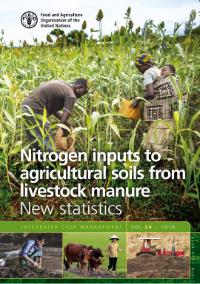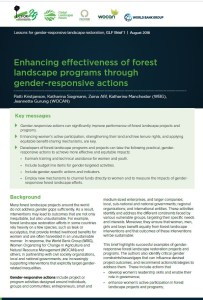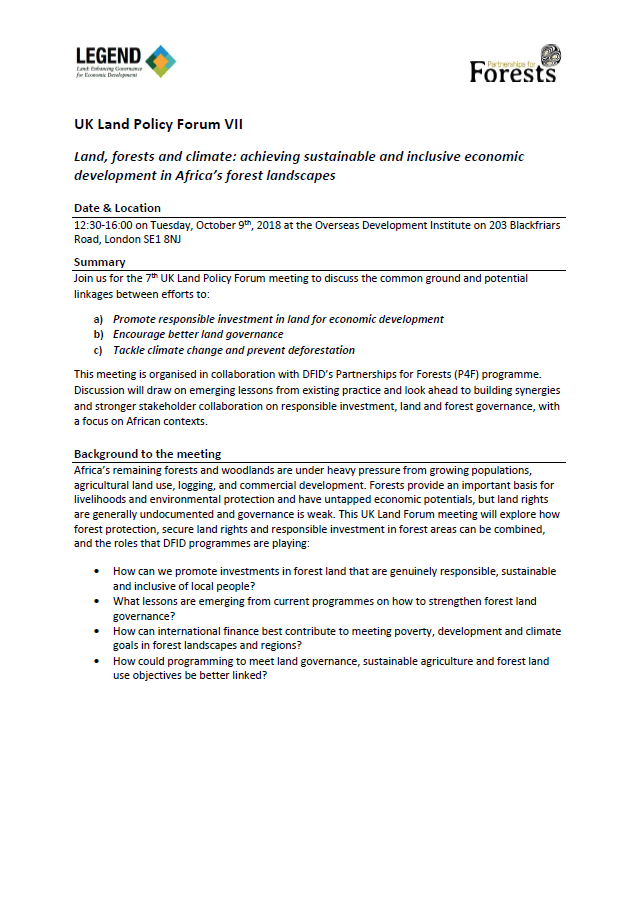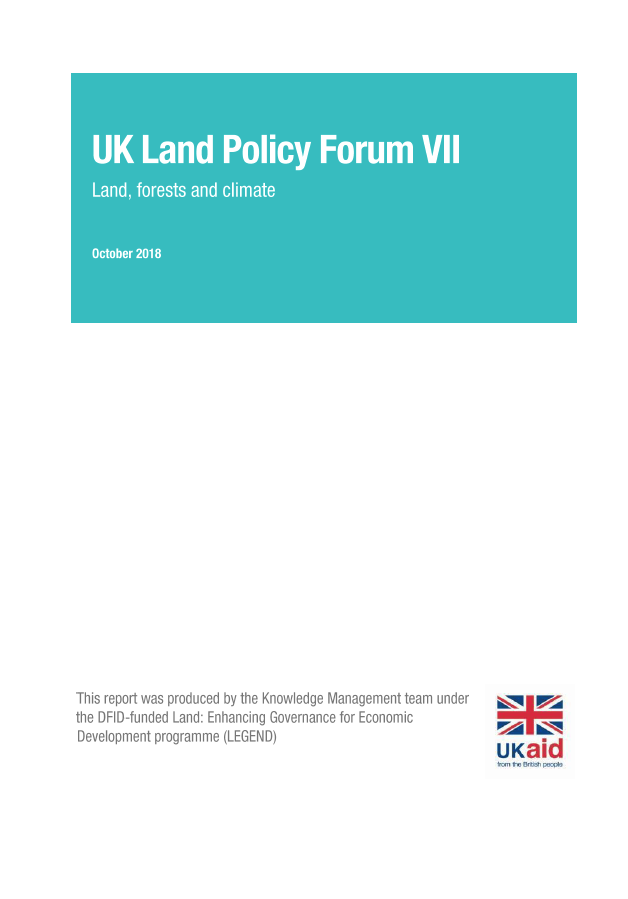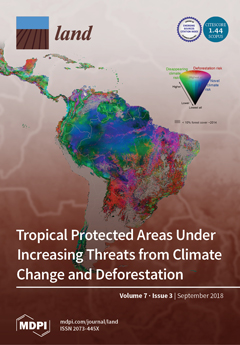Nitrogen inputs to agricultural soils from livestock manure. New Statistics
The global agricultural sector today faces the double challenge of feeding a growing population while preserving the underlying natural resources of land, water and air. In the meantime, already a third of the world’s soils are degraded. Soil and nutrient management techniques aimed at restoring soil health will therefore be essential to meeting these challenges.

